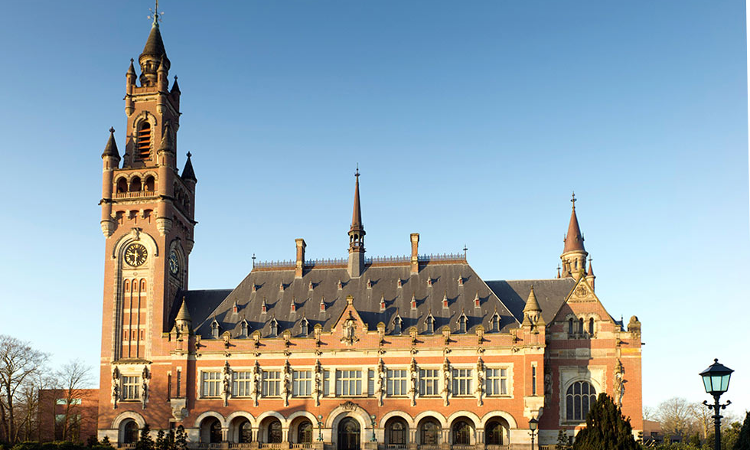Next Story
17 April 2024 12:30 PM IST
Mexico has lodged a formal complaint against Ecuador with the International Court of Justice (ICJ), seeking redressal for the forcible entry of Ecuadorian authorities into the Mexican Embassy in Quito. The incident, which occurred on April 5th, has prompted Mexico to escalate the matter to the international legal arena. Mexico's application to the ICJ outlines a series of...

